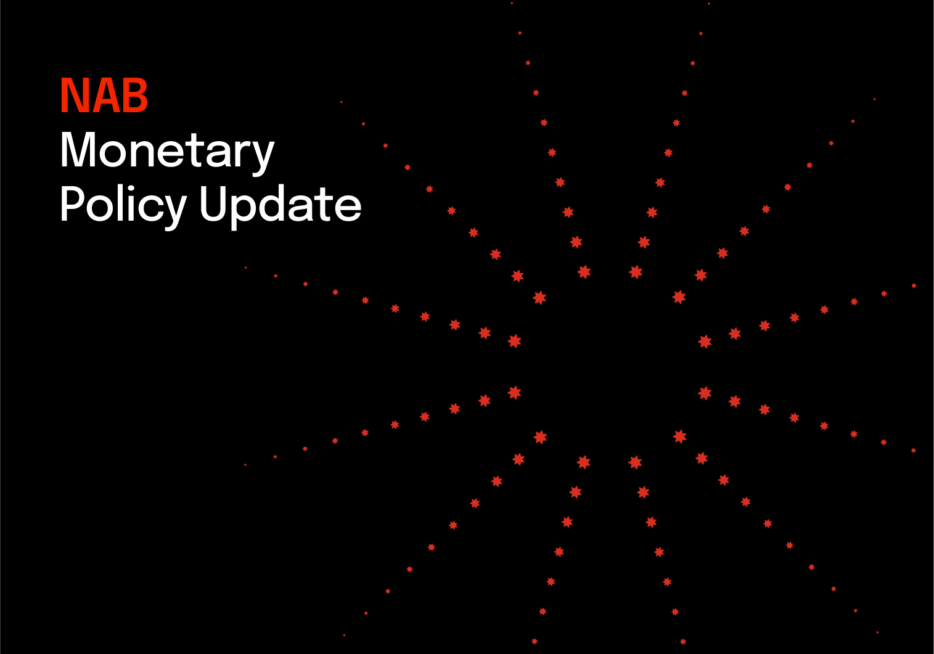RBA surprises with a hold, NAB still sees cuts in August, November and now February


Insight
NAB cashless retail sales data for March shows wild swings across industries in response to the Coronavirus crisis.
This month we continue our podcast series to accompany the NAB Cashless Retail Sales Index. In this short podcast, you’ll get a quick summary of the major drivers of the index this month. Listen now.
Our forecast points to a moderate rise in the ABS retail sales measure in March (+0.2% m/m), but the headline is increasingly not relevant for individual sectors facing highly divergent consumer responses to the crisis. Furthermore, there is good reason to think that many of the areas that surged represent essentially one-off increases to stockpile food supplies, or make purchases of home computer or exercise equipment. Supermarket purchases are already returning somewhat towards normal levels for example.
Efforts to contain the virus are having a very sharp impact on the economy, with many businesses essentially unable to trade due to restrictions. Business confidence in the NAB Monthly Business Survey has plummeted to record lows (around three times as bad as the bottom of the 1990 recession). Similar un-precedented results were reported for falls in forward orders and the level of capacity utilisation. We now expect unemployment to reach 11.75% by mid-year and remain over 7% the end of 2021. Consumers are unlikely to make many discretionary purchases in this environment and we expect weak retail spending prints for some time. Year-on-year growth
For more information, please see the NAB Cashless Retail Sales Index March 2020.
© National Australia Bank Limited. ABN 12 004 044 937 AFSL and Australian Credit Licence 230686.